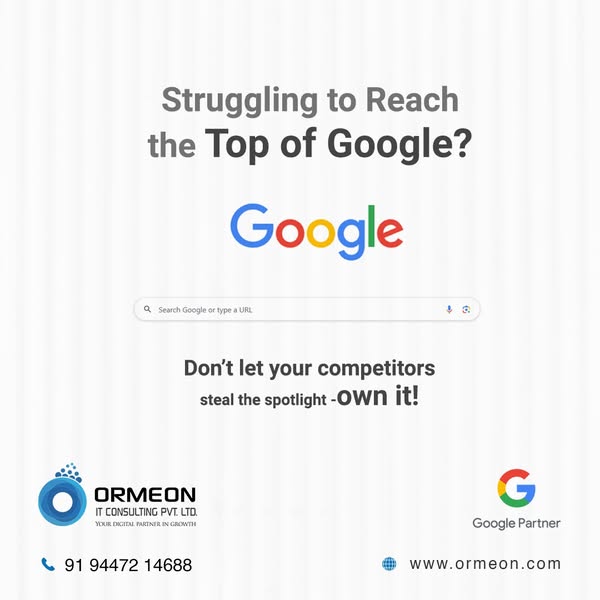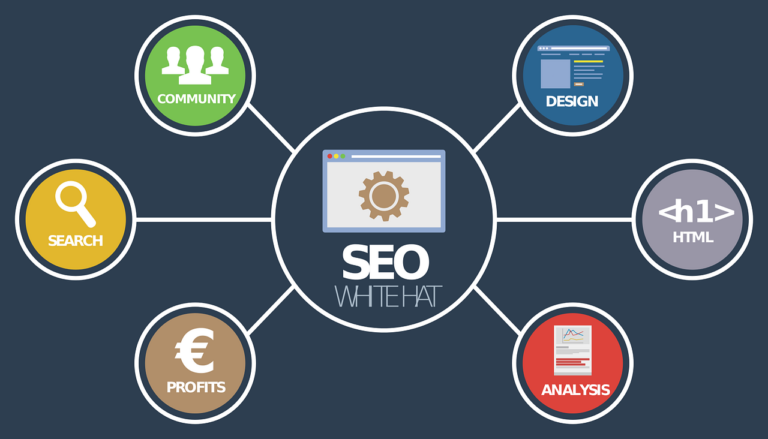In today’s digital world, colleges, universities, and educational institutions need to stay ahead of the competition. With the increasing demand for online education, student enrollment strategies, and academic programs, having a strong online presence is crucial. A digital marketing agency for colleges can help institutions leverage SEO (Search Engine Optimization) to attract prospective students, build brand awareness, and enhance credibility. Here are the top 10 reasons why SEO-driven digital marketing is essential for higher education institutions:
1. Enhances Online Visibility for Student Enrollment
Most students begin their college search online. If your college or university website isn’t ranking on Google’s first page, you’re missing out on potential enrollments. SEO techniques like keyword optimization, content marketing, and backlinking improve search engine rankings, making it easier for students to find your institution.
2. Increases Organic Traffic to Educational Websites
With proper SEO strategies, colleges can increase organic traffic, ensuring more visitors land on their websites without paid ads. By optimizing pages for degree programs, online courses, and admissions requirements, institutions can attract students actively searching for these terms.
3. Boosts Admissions and Enrollment Rates
SEO-driven content marketing helps answer student queries related to college admissions, scholarships, tuition fees, and course details. By providing valuable blog posts, FAQs, and landing pages optimized for search queries, universities can drive more inquiries and improve conversion rates.
4. Optimizes for Local and Global Student Recruitment
Colleges targeting both local and international students can benefit from local SEO and global SEO strategies. Using Google My Business (GMB) and location-based keywords like “best university in New York” or “top engineering college in India” can enhance visibility for relevant audiences.
5. Strengthens Brand Authority in the Education Sector
High-ranking educational institutions gain credibility and trust among students and parents. Consistently ranking for academic programs, faculty expertise, and research opportunities positions universities as leaders in higher education.
6. Supports Online Education & Distance Learning Programs
With the rise of e-learning, MOOCs (Massive Open Online Courses), and virtual classrooms, digital marketing is key to promoting online degree programs and certification courses. SEO-optimized course descriptions, video content, and blog posts help in attracting students interested in remote education.
7. Provides Cost-Effective Marketing Compared to Traditional Methods
Traditional advertising like TV, radio, and print ads can be expensive and may not reach the right target audience. SEO and digital marketing provide a cost-effective way to generate high-quality leads and increase student enrollments with a better ROI.
8. Enhances Engagement Through Social Media & Content Marketing
Colleges that integrate SEO with social media marketing can engage students through platforms like Facebook, Instagram, LinkedIn, and YouTube. Sharing blogs, student testimonials, campus tour videos, and alumni success stories enhances engagement and builds a community around the institution.
9. Improves Website Experience for Prospective Students
A well-optimized website with fast-loading pages, mobile-friendly design, and easy navigation ensures a better user experience. Implementing SEO best practices improves website usability, reducing bounce rates and increasing time spent on the site.
10. Tracks & Analyzes Student Behavior for Better Marketing Strategies
With SEO and digital marketing tools like Google Analytics and Search Console, universities can track student search behaviors, interests, and engagement levels. This data-driven approach helps refine admissions marketing strategies, personalize student outreach, and improve overall recruitment efforts.
Final Thoughts
Digital marketing combined with SEO strategies is no longer optional for colleges, universities, and educational institutions—it’s essential. With students increasingly relying on online searches to explore degree programs, admission criteria, scholarships, and campus facilities, institutions must invest in SEO-friendly content marketing, social media engagement, and website optimization. By implementing these strategies, educational institutions can attract, engage, and convert potential students effectively.







